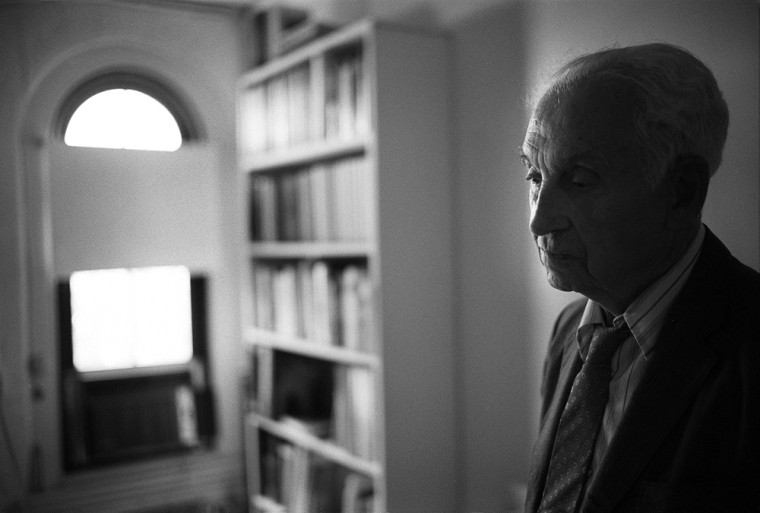Ernst Mayr, one of the world's leading evolutionary biologists, died at a retirement community in Bedford. The longtime Harvard University faculty member was 100.
His death came Thursday after a brief illness, according to the university.
Mayr's work while a curator at the American Museum of Natural History in New York, established him as a leading neo-Darwinist, supporting a theory of evolution that is a combination of Darwin's natural selection theory and modern genetics.
Mayr was so influential that he's credited with making the origin of species diversity the central question of evolutionary biology that it is today. He also was known for pioneering the accepted definition of a biological species, which is an interbreeding population that can't breed with other groups.
In his travels in New Guinea and the Solomon Islands, Mayr showed, unlike Darwin, that species arise from isolated populations. During more than two years in the region, he discovered populations of birds that accumulated genetic differences when isolated from fellow members of their species.
"Professor Mayr's contributions to Harvard University and to the field of evolutionary biology were extraordinary by any measure," Harvard history professor William C. Kirby said, calling Mayr a "leading mind of the 20th century."
"He shaped and articulated modern understanding of biodiversity and related fields," Kirby said.
Mayr won the National Medal of Science in 1970. He also received the Balzan Prize, the International Prize for Biology and the Crafoord Prize.
Mayr joined the Harvard faculty in 1953 as a zoology professor and led Harvard's Comparative Zoology museum from 1961 to 1970. He retired in 1975.
Born in Kempten, Germany, Mayr had planned to be a doctor. He earned a medical degree in 1925 but then switched gears and earned a doctorate in zoology from the University of Berlin in just 16 months.
"I was curious about far places and decided that as an M.D. I should have but small chance of traveling," he told the Harvard Alumni Bulletin in 1961.
Mayr throughout his career fought to make sure biology stood alongside physics, astronomy and chemistry. He's credited with pioneering the study of philosophy and history of biology.
"Much as we know about the 'how' of human evolution, the 'why' is still a great puzzle," he wrote in 1963.
Mayr is survived by two daughters, five grandchildren, and 10 great grandchildren. His wife, Margarete, died in 1990.
